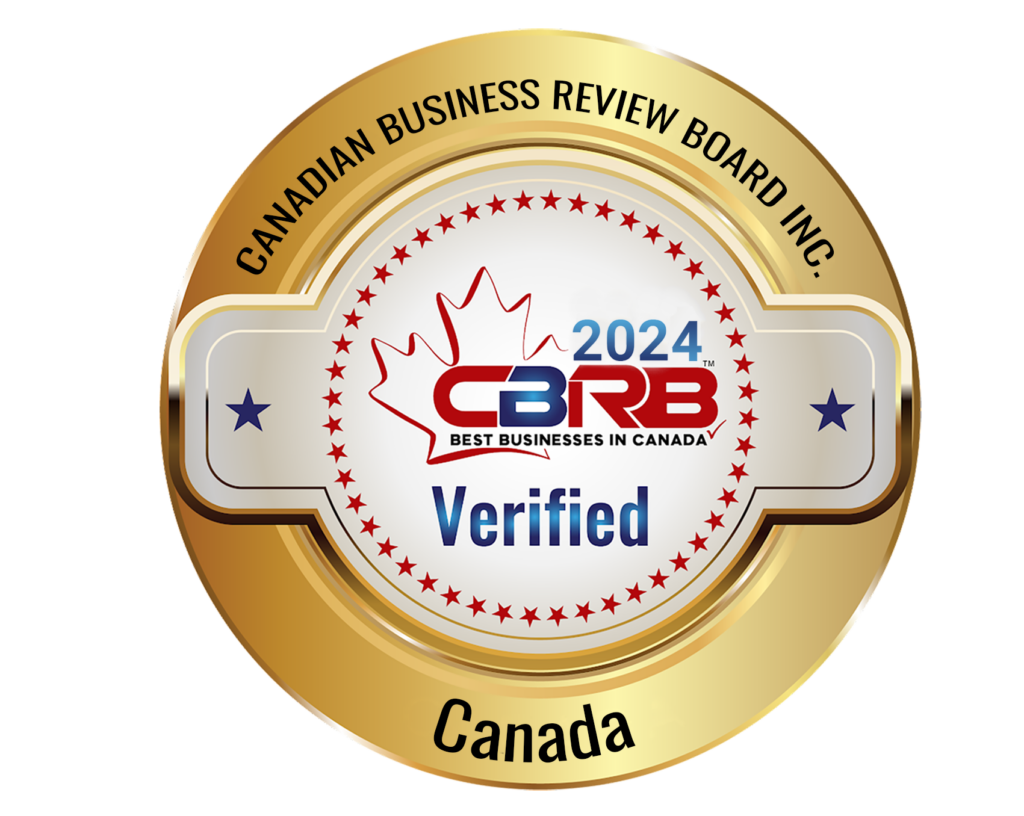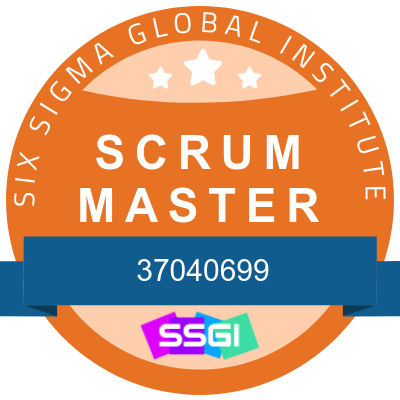The healthcare industry is undergoing a transformative shift, driven by rapid technological advancements and evolving patient expectations. To navigate this complex landscape, healthcare organizations are increasingly turning to Agile and Scrum methodologies. These frameworks, rooted in flexibility, collaboration, and continuous improvement, offer a strategic approach to enhance efficiency, patient satisfaction, and overall care quality.
Understanding Agile and Scrum in Healthcare
Agile is a project management philosophy that emphasizes adaptability and iterative progress. It encourages teams to break down large projects into manageable units, allowing for regular reassessment and swift responses to change. Scrum, a subset of Agile, provides a structured framework focusing on defined roles, regular meetings, and time-bound work segments known as sprints. In healthcare, these methodologies can be pivotal in managing complex projects, from implementing new electronic health record (EHR) systems to streamlining patient care processes.
The Imperative for Agile Adoption in Healthcare
The healthcare sector faces unique challenges, including stringent regulatory requirements, diverse stakeholder interests, and the critical nature of patient outcomes. Traditional linear project management approaches often fall short in addressing these complexities. Agile and Scrum methodologies, however, offer the flexibility to adapt to unforeseen changes, making them particularly suited for the dynamic healthcare environment.
Benefits of Implementing Agile and Scrum in Healthcare
-
Enhanced Patient-Centered Care
Agile methodologies prioritize delivering value to the end-user—in this case, the patient. By focusing on patient needs and feedback, healthcare providers can develop more responsive and personalized care plans, leading to improved patient satisfaction and outcomes.
-
Improved Collaboration and Communication
Agile frameworks encourage cross-functional teamwork and open communication. In healthcare settings, this translates to better coordination among medical staff, administrative personnel, and IT departments, ensuring that all aspects of patient care are aligned and efficiently managed.
-
Increased Adaptability to Regulatory Changes
The healthcare industry is subject to frequent regulatory updates. Agile’s iterative approach allows organizations to incorporate these changes more seamlessly, ensuring compliance without significant disruptions to operations.
-
Accelerated Implementation of Technological Innovations
With the continuous emergence of new medical technologies, Agile methodologies facilitate faster integration and adoption, enabling healthcare organizations to stay at the forefront of medical advancements.
-
Continuous Improvement and Quality Enhancement
The iterative cycles inherent in Agile and Scrum promote ongoing evaluation and refinement of processes. This culture of continuous improvement leads to higher quality care and operational excellence.
Challenges in Adopting Agile and Scrum
-
Resistance to Change
Healthcare professionals accustomed to traditional hierarchical structures may be hesitant to adopt Agile practices. Overcoming this resistance requires comprehensive training and a cultural shift towards collaboration and flexibility.
-
Complexity of Healthcare Operations
The multifaceted nature of healthcare, involving various specialties and services, can make standardizing Agile practices challenging. Tailoring Agile frameworks to fit specific organizational contexts is essential.
-
Ensuring Leadership Support
Successful Agile implementation necessitates commitment from leadership to provide necessary resources and foster an environment conducive to change.
Case Studies: Agile and Scrum in Action
-
Development of Telemedicine Platforms
Utilizing Scrum, healthcare organizations have rapidly developed and deployed telemedicine solutions, expanding access to care and enhancing patient convenience.
-
Designing Patient Communication Tools
Agile methodologies have been employed to create effective communication tools for patients with chronic conditions, improving engagement and self-management.
Strategies for Successful Implementation
-
Customized Agile Training
Providing training programs tailored to the healthcare context ensures that staff understand how to apply Agile principles effectively in their specific roles.
-
Pilot Programs
Initiating Agile practices in smaller departments or projects allows for testing and refinement before broader implementation.
-
Continuous Feedback Mechanisms
Establishing regular feedback loops with staff and patients helps in identifying areas for improvement and reinforces a culture of continuous enhancement.
The Future of Agile and Scrum in Healthcare
As healthcare continues to evolve, the adoption of Agile and Scrum methodologies is poised to become more widespread. These frameworks not only address current operational challenges but also position healthcare organizations to be more resilient and responsive to future developments. By embracing Agile and Scrum, healthcare management can transform to meet the demands of a rapidly changing world, ultimately leading to better patient care and organizational success.
Incorporating Agile and Scrum into healthcare management is not merely an option but a strategic imperative to thrive in today’s dynamic environment.
The healthcare industry faces numerous challenges, including rising labor costs, the transition from fee-based to value-based care, and the need to adapt to technological advancements.
Implementing Agile and Scrum methodologies can effectively address these issues by promoting adaptability, enhancing collaboration, and streamlining processes.
Managing Rising Labor Costs
Labor shortages and increased staffing expenses are significant concerns in healthcare. Agile practices, with their emphasis on cross-functional teams and efficient workflows, can optimize resource allocation and reduce operational inefficiencies, thereby mitigating labor cost challenges.
Transitioning to Value-Based Care
The shift from fee-for-service to value-based care models requires healthcare organizations to focus on patient outcomes and cost-effectiveness. Scrum frameworks facilitate continuous improvement and iterative development, enabling teams to rapidly implement and refine care strategies that align with value-based objectives.
Adapting to Technological Advancements
Rapid technological changes necessitate agile responses. Agile methodologies support the swift integration of new technologies, ensuring that healthcare organizations remain competitive and can effectively meet evolving patient needs.
Dana PharMed’s Role in Facilitating Agile Transformation
At Dana PharMed, we specialize in guiding healthcare organizations through the adoption of Agile and Scrum methodologies. Our tailored approach addresses specific industry challenges, fostering innovation and promoting sustainable growth.
For more insights on Agile marketing in healthcare, visit our detailed guide.









